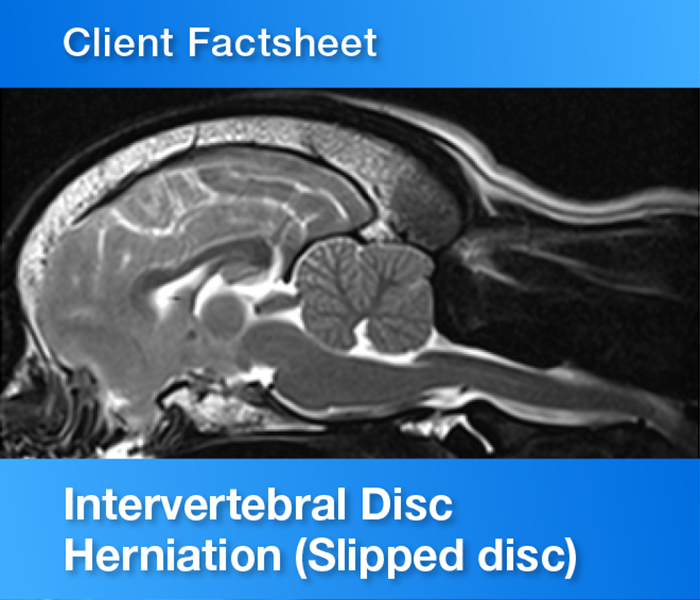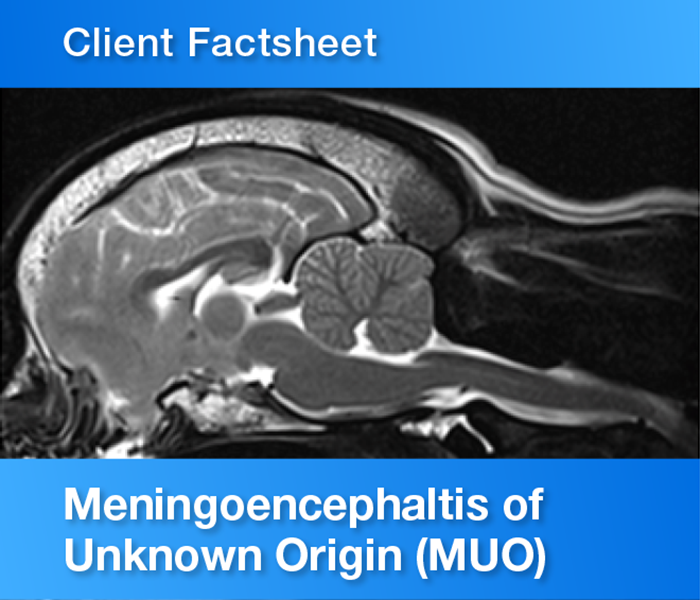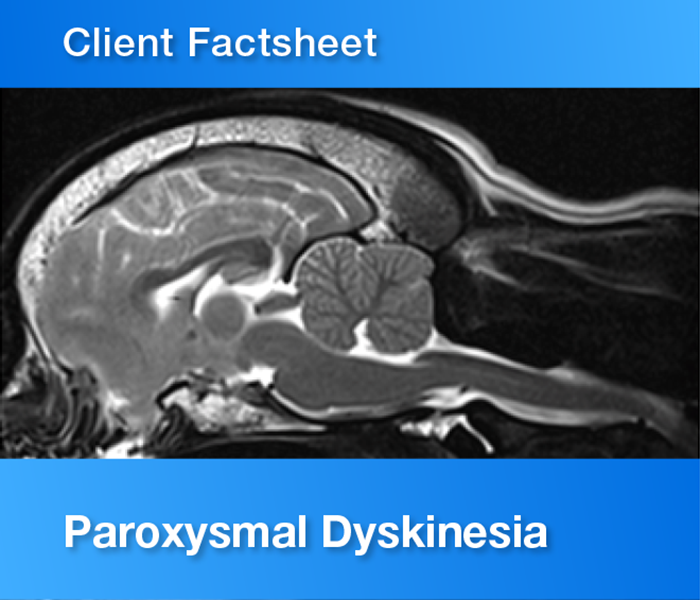
Phenobarbital-induced anticonvulsant hypersensitivity in cats
Anticonvulsant hypersentivity syndrome (AHS) is a delayed adverse drug reaction associated with some anti-epileptic drugs in human (carbamazepine, lacosamide, lamotrigine, phenobarbital, phenytoin, primidone and rufinamide). The symptoms usually starts between 1 and 8 weeks of exposure with fever, rash and lymphadenopathy being commonly seen. The pathophysiology is unknown.

Two articles this year report a similar reaction in cats with the first one only presenting fever and the second one showing fever, tachypnea, high serum amyloid and generalised enlargement of abdominal lymph nodes on ultrasound as well as reactive splenic nodules, both developing within a week of starting phenobarbital. Signs resolved within 1 to 10 days respectively in both cats after stopping phenobarbital.
For more reading:
- Suspected phenobarbital-induced fever in a cat
- Phenobarbital-induced anticonvulsant hypersensitivity syndrome in a cat
Enjoy!
Laurent Garosi
Simon Platt


